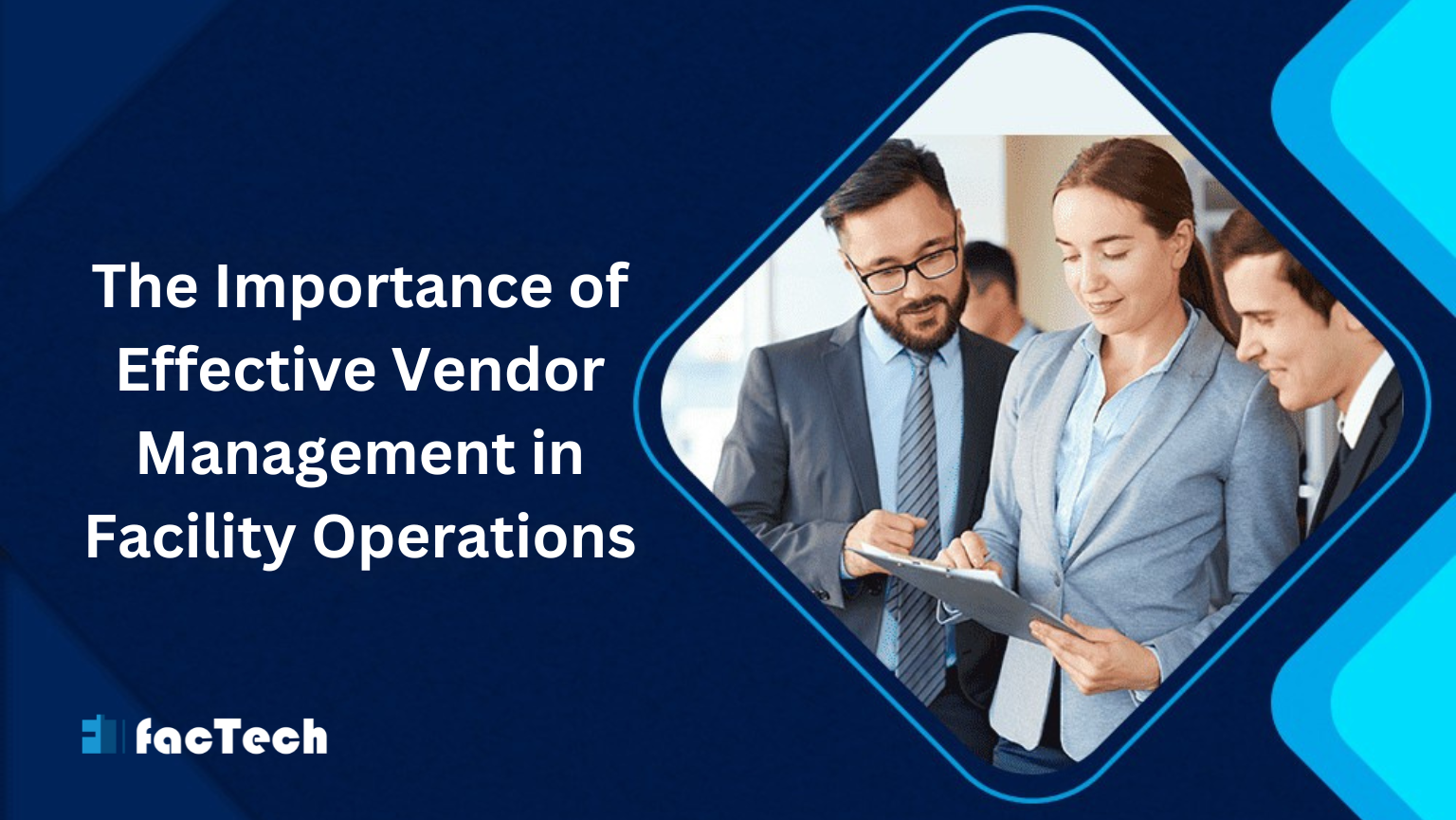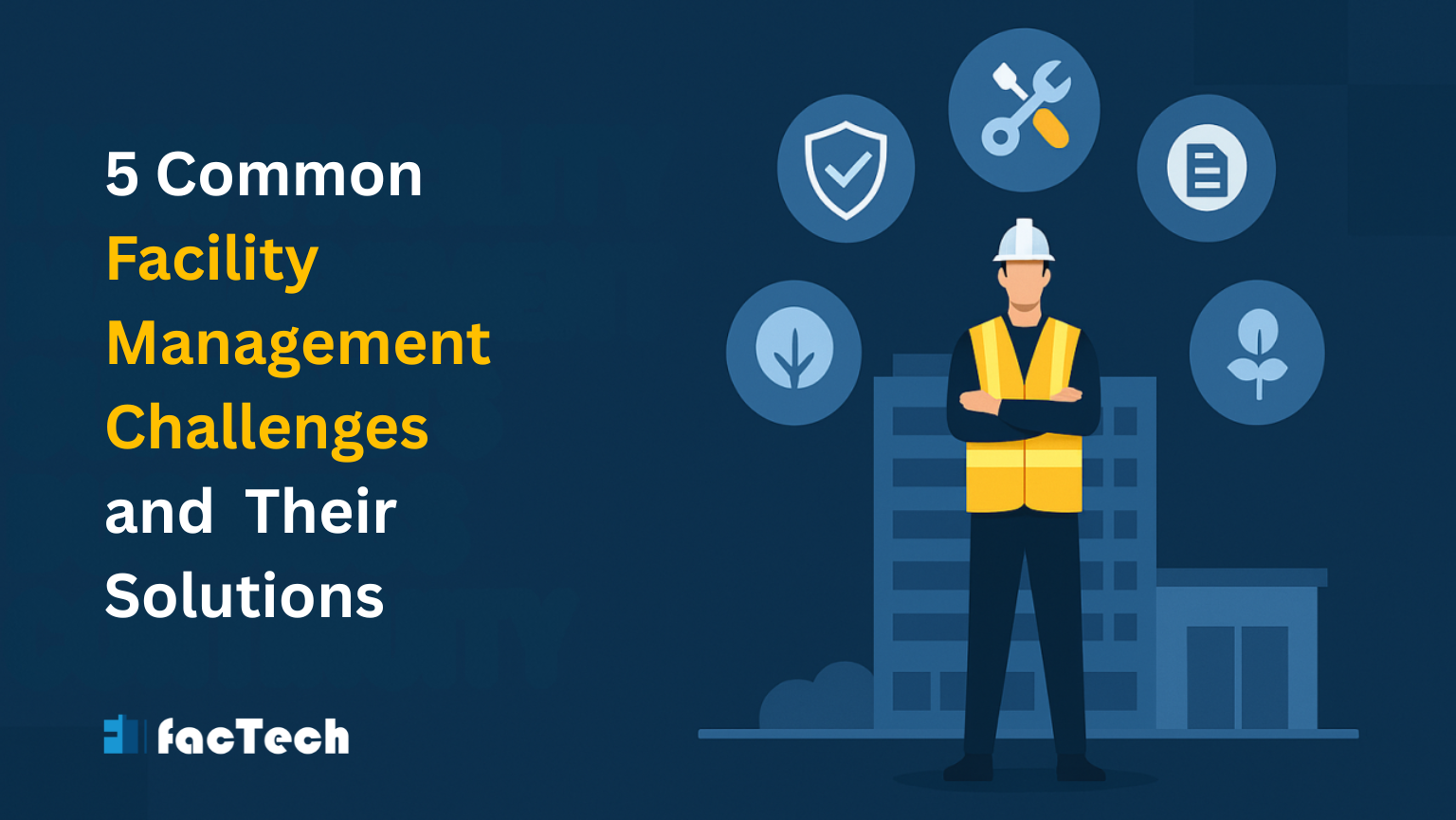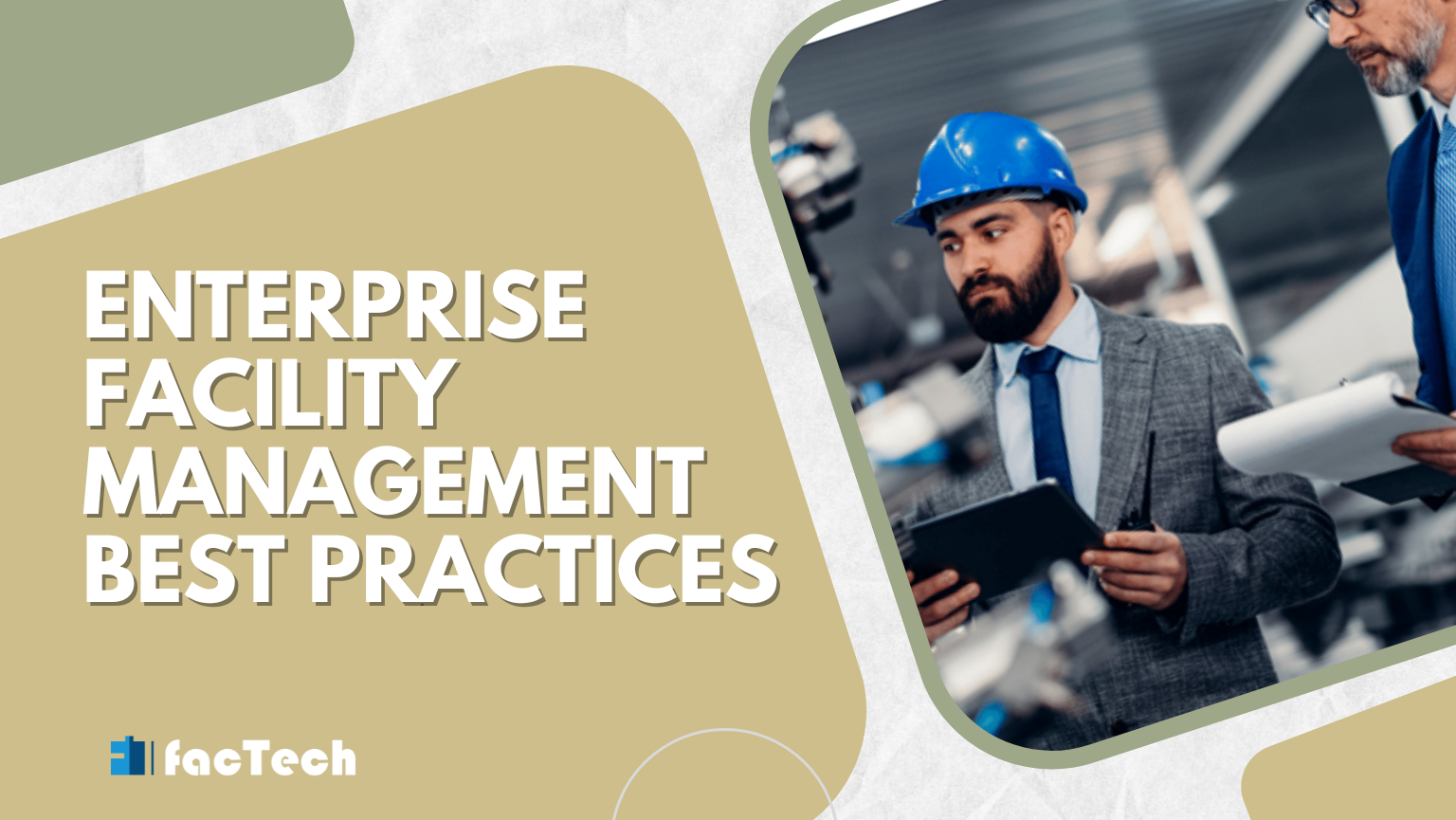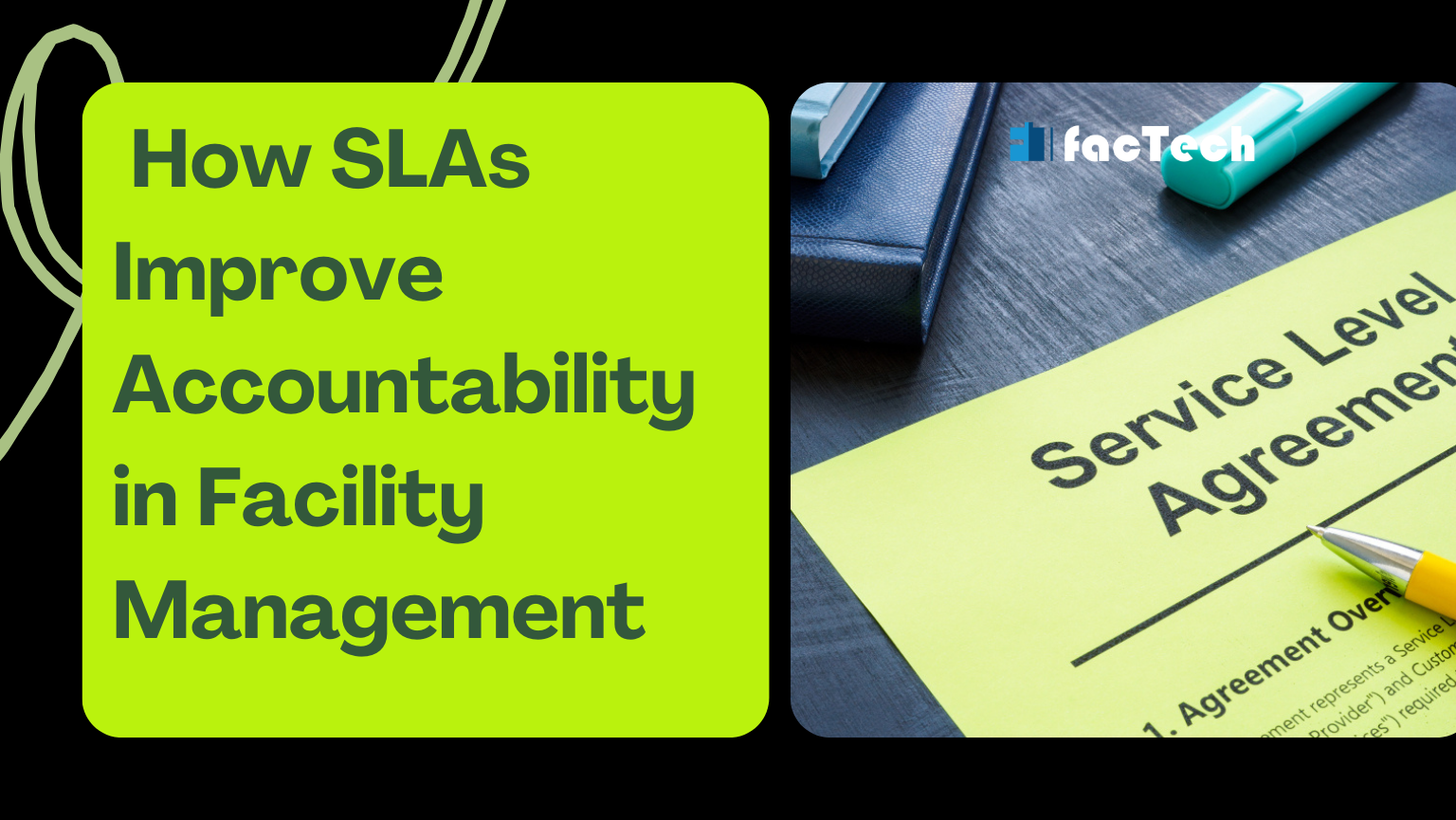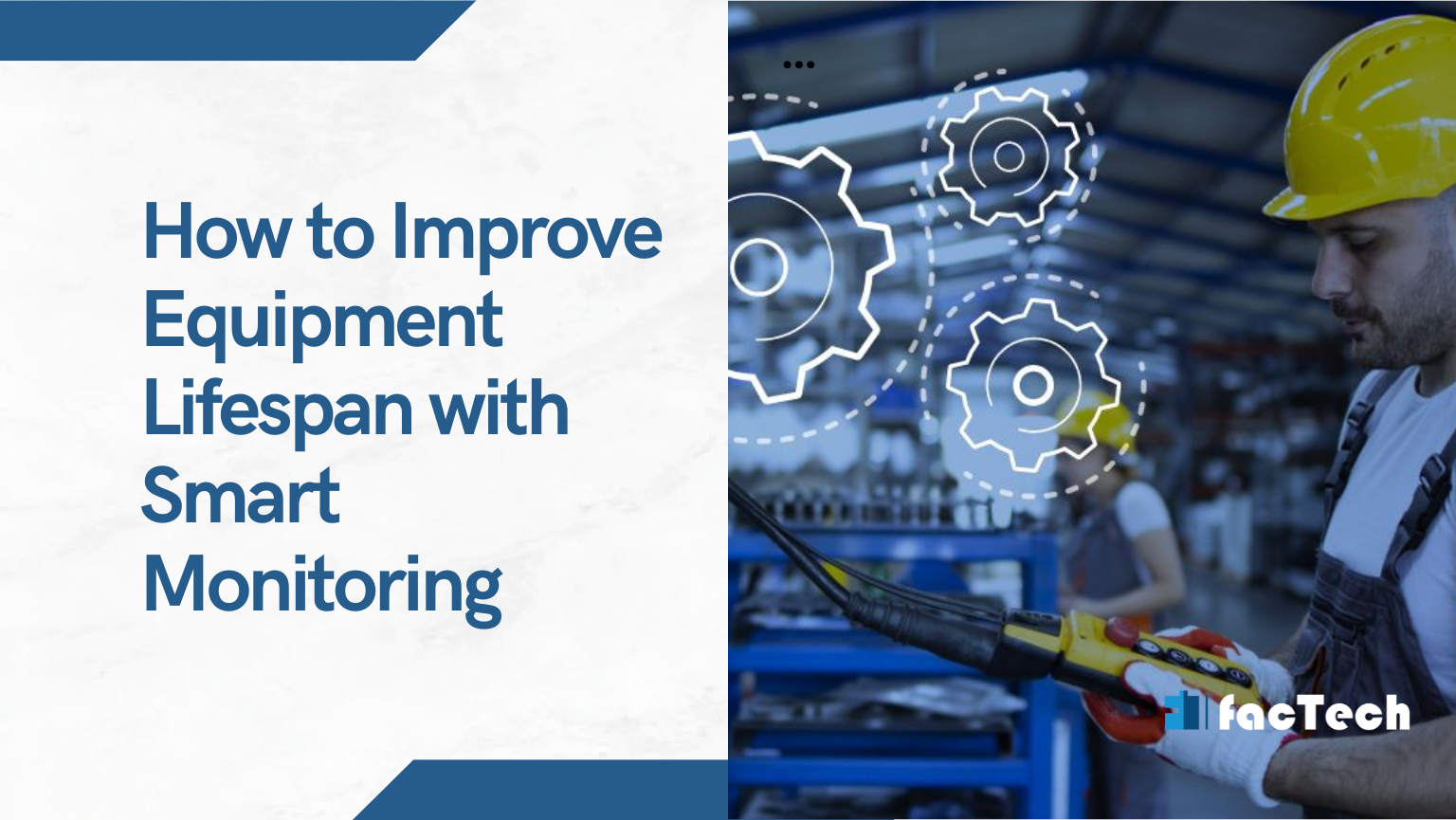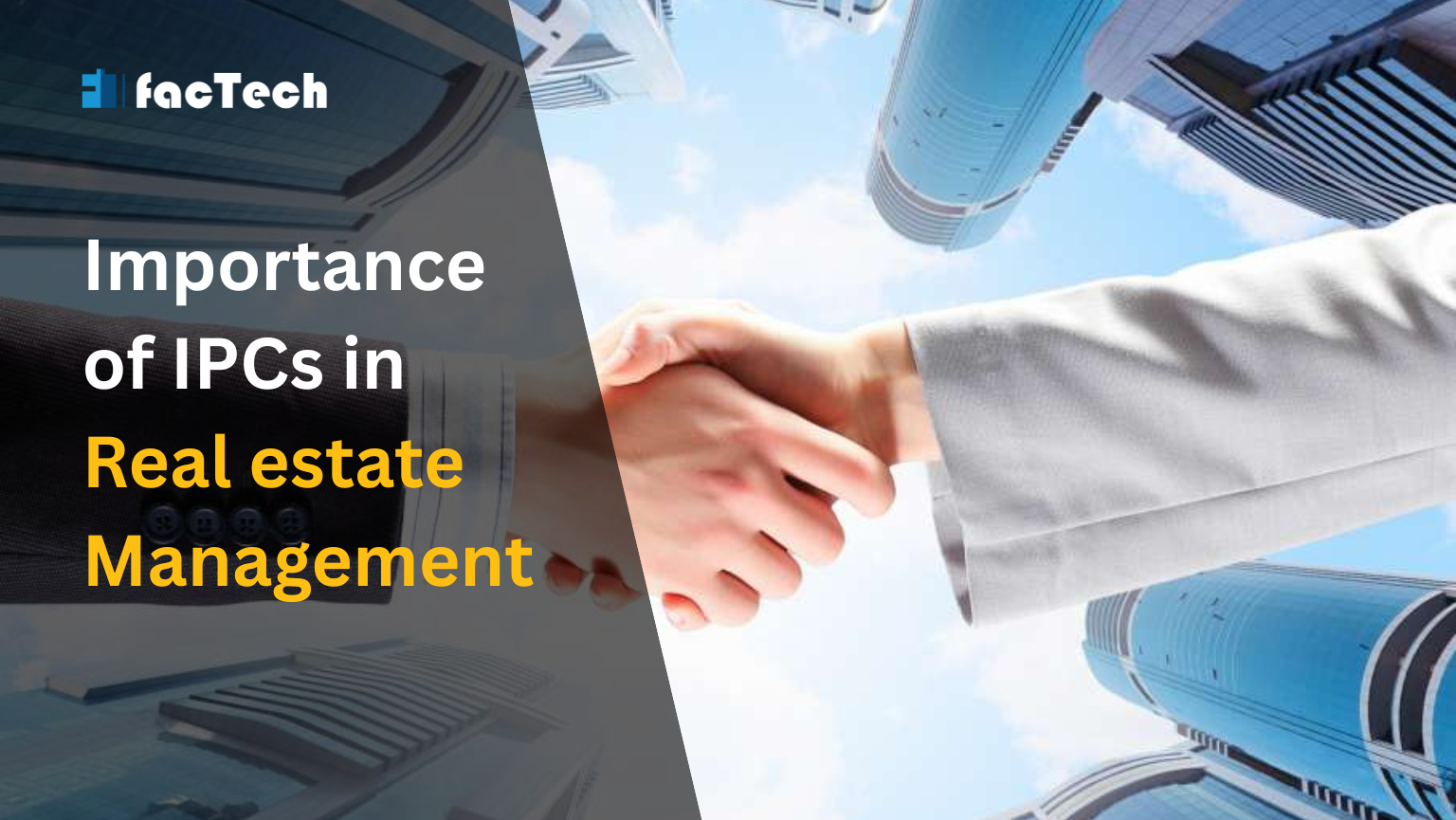The Importance of Effective Vendor Management in Facility Operations
Most facility managers and their staff are qualified to oversee daily operations and maintenance in their respective buildings. Some may discover that constrained staff bandwidth or lack of specialized knowledge makes some jobs difficult for internal handling. Here is when vendors become relevant. Vendors play a crucial role in building operations because they can complete tasks that would otherwise be difficult for a facility’s staff to complete independently. To choose which kind of vendor to call for specific jobs, facility managers must be armed with accurate data. Regardless of the size of your facility, having accurate data will help you stay organized. Discover how the vendor management system (VMS) helps in facility management and how they streamline staffing agency management.
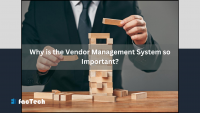
Why is the Vendor Management System so Important?
Using the most recent vendor practices will help companies to access specialized knowledge, lower costs, minimize risks, make use of cutting-edge technologies, and remain nimble in this dynamic environment. By means of these strategies, facility managers can concentrate on strategic priorities and delegate specialized work to professionals capable of optimizing facility operations and improving the general performance of the company.
Record Vendor Data
Facilities should centrally keep thorough vendor records in one place. Most sites either directly or indirectly depend on facility management software, which lets one sort and arrange data as needed and enables paperless processes. This especially facilitates benchmarking your facility management providers as well.
For bigger buildings or several sites, facility management software is a superior option even if a single, small facility could be able to manage vendor and work order data on spreadsheets. By totally outsourcing facility and vendor management, a business can more rapidly and simply reach best practices than by comparing software packages.
Organize Service and Maintenance Documentation
Apart from vendor contact details, access to records of servicing and maintenance helps facility owners, managers, and employees as well as during audits and preventative maintenance planning, this data can help show compliance.
Only as valuable as the quality of facility communications, record-keeping methods, and maintained data are centralized records. When these records are centrally handled by knowledgeable people using proprietary systems operating on a modern software stack, the stakeholders of a facility may relax knowing vendor management best practices are being followed.
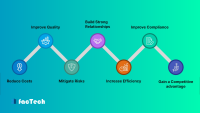
Specify terms in SLAs.
Vendor relationships may be created or broken by the service level agreements facility owners and managers set and uphold. These agreements should have well-defined requirements. One advantage of outsourcing facility management is that these contracts may be created between a facility management company and vendors or contractors.
Vendors could find many different kinds of contracts and SLAs relevant. A company can set clear terms with a complete provider of external facility management services instead of considering the benefits and drawbacks of cost-plus, lump-sum, unit pricing, and time and materials contracts.
Evaluation of Vendors Using Criticality Analysis
Any facility working with suppliers should be guided by criticality analysis. Cost, customer experience, expertise, response time, safety, and quality are among the most crucial elements of asset criticality. In terms of these elements, facility stakeholders can monitor, evaluate, and finally choose suppliers.
Furthermore, based on the requirements of certain facilities, a facility management business might do a criticality analysis. By guaranteeing that all involved suppliers have a documented track record for every element falling under criticality, working with a company that has screened field partners helps streamline this study.
Align Key Performance Indicators and Vendor Management Best Practices
The best practices that direct vendor management should coincide with vendor key performance indicators. For facility suppliers, backlogs, customer service standards, schedule compliance, and quality rank among some of the most important KPIs. During the process of facility management planning, backlogs—measured in hours—are translated into weeks. A good total backlog runs four to six weeks.
Furthermore, important is an excellent record of customer service based on response times that span schedule and quality assessments. Projects should be finished on schedule; other pertinent KPIs to evaluate suppliers are “mean time between failures” and “mean time between maintenance.”

Control Risk with Reliable Contractors
Using reliable suppliers helps facilities control risk. The whole degree of risk of a facility will depend on its scale and scope. Assume employees and stakeholders lack the time or specific knowledge needed to fairly evaluate risk. In such circumstances, it is advisable to outsource this measure to a facilities management company together with other operational needs to uphold the finest standards.
Finding whether a certain vendor is reliable might prove challenging for the manager of a single-facility or multi-facility company. A facilities management company is more likely to have dealt with and known many vendors. This exposure helps to enable more accurate and informed risk estimations.
Contract out vendor management to a reputable company.
Maintaining strict vendor management standards can be a labor-intensive and time-consuming need for facility owners, employees, and other stakeholders, as the six previous best practices imply. Outsourcing vendor management is a better idea than losing view of these crucial criteria.
Any institution can benefit from these vendor management best ideas.
Why Work with Factech for Your Vendor Management System?
FacTech is aware of the particular difficulties corporate offices, real estate developers, facility management companies, and RWAs/residential societies confront. We offer a strong, easily navigable VMS system. Regardless of your size or sector, FacTech’s VMS solution is meant to satisfy the particular requirements of your company. We provide a spectrum of tools and capabilities to enable you to maximize your vendor management systems and realize corporate objectives.

Main Advantages of Working with FacTech
Industry Knowledge: Our areas of great depth are real estate, property management, and facility management.
Different sectors: Customers in different sectors have effectively adopted our VMS system.
Customer-centric: Our customer-centric approach is dedicated to guaranteeing your success and providing first-rate client service.
Flexibility and Scalability: Our system may be readily expanded to satisfy your expanding company demand.
Advanced technology: We are always developing our vendor management system to offer the most recent technologies and capabilities.
Get in touch with FacTech right now to find out how our VMS system might simplify business processes, raise customer happiness, and provide a competitive edge.
Contact us for a free demo of how our expertise can help you achieve your business goals to the best.
Contact Us:
: +91 8448869708
: contact@factech.co.in
: 91 SpringBoard C2, Block C, Sector 1,
Noida, Uttar Pradesh 201301, India
